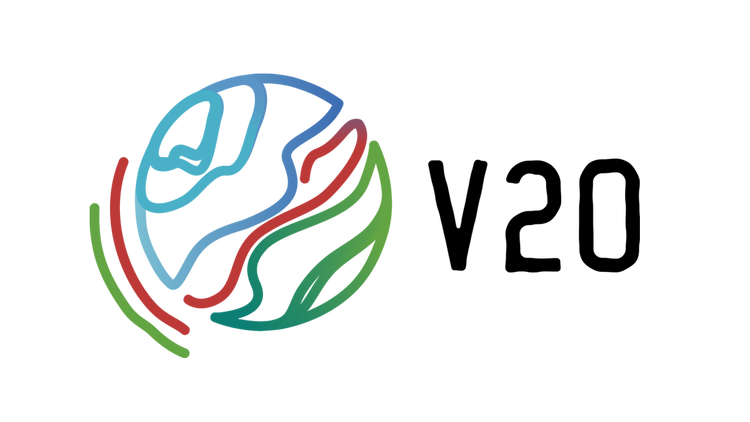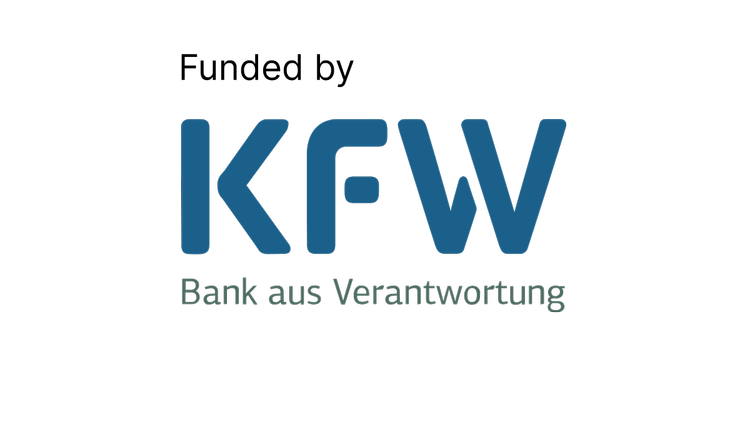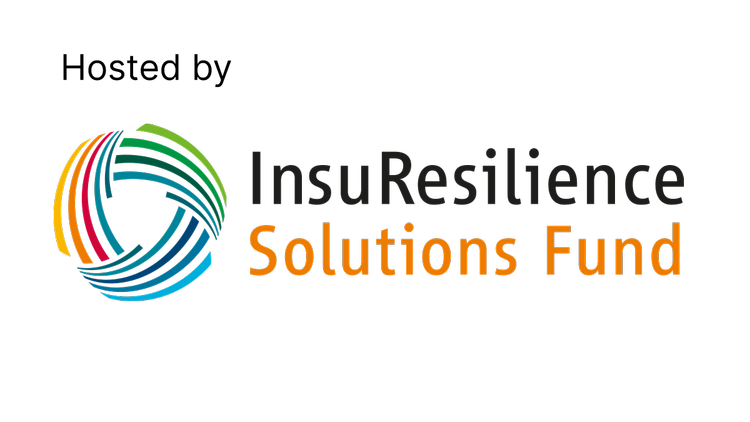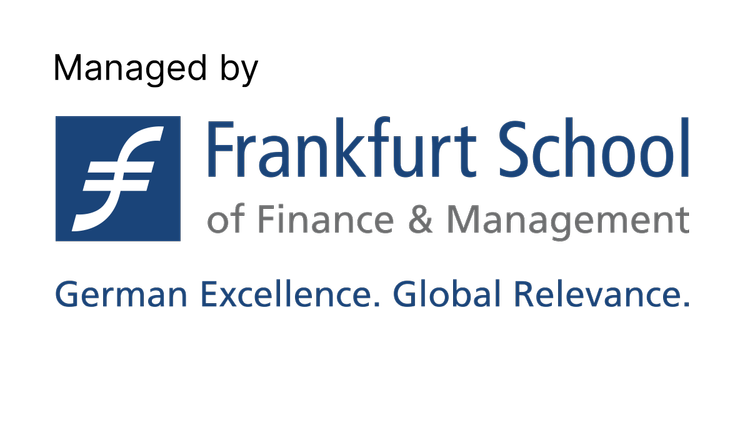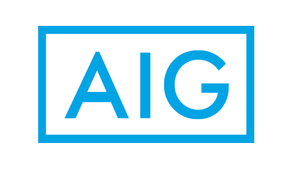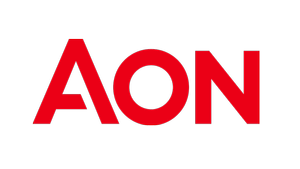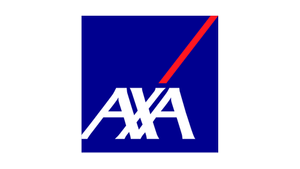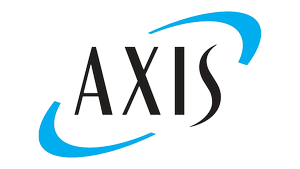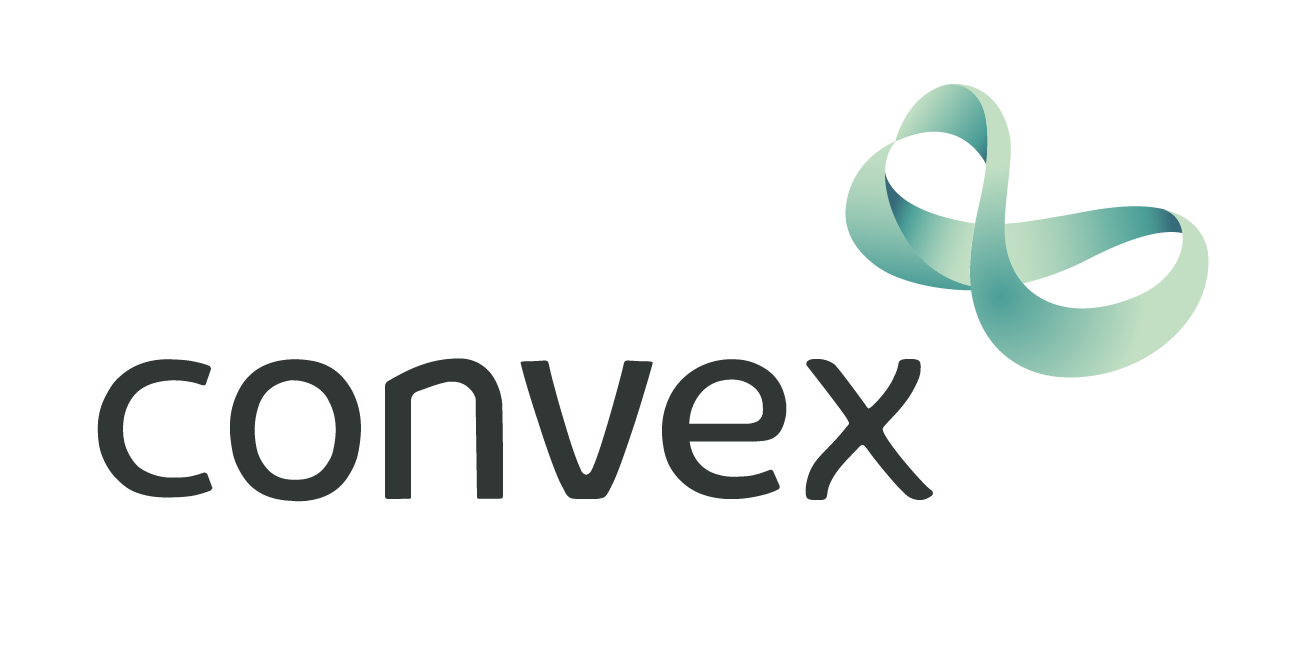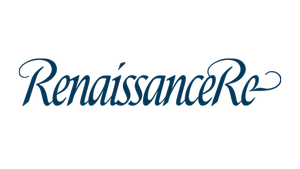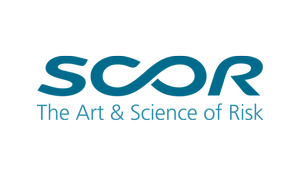A global shortage of climate and disaster risk information is damaging the confidence needed for investment and risk finance focusing on resilience, leaving vulnerable communities exposed.
Resource-limited ministries, cities and agencies lack access to key tools and knowledge and have to depend on somebody else’s view of their risk, often generated on the other side of the world. There is a better way to build trust that is so necessary for investment in adaptation and the protection of livelihoods.
It is time to redress this global imbalance, and pool the world’s risk expertise.
The GRMA brings access to climate and disaster risk insight where it is needed the most. Working side by side with officials and local experts in ministries and mayoral offices, it offers open risk management tools, data and access to operational risk finance expertise.
Discover more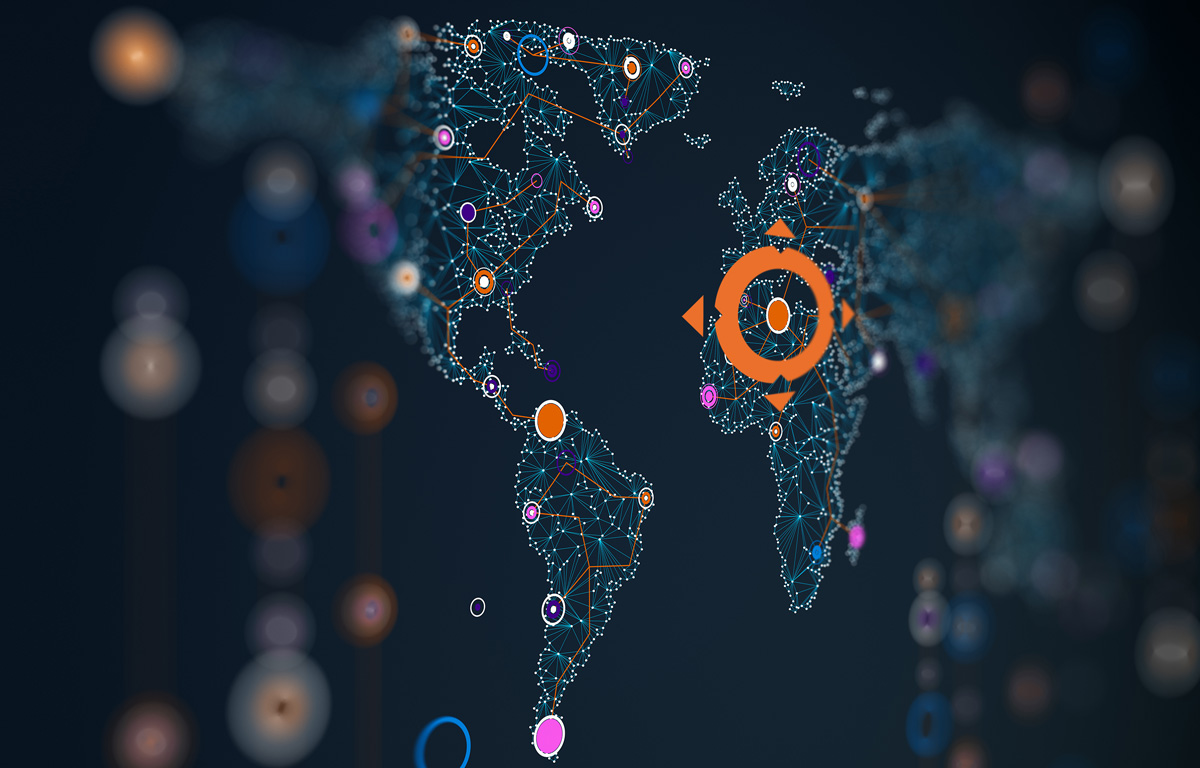
A core team of senior risk experts is available throughout the GRMA programme. Bringing a mixture of both private and public sector backgrounds, they are highly experienced in the use of risk models and data to unlock finance.
Some very big gaps remain in the availability of risk information. The GRMA programme will work with you to define the data needed to answer your risk questions.
Good decisions depend on the key principles of sharing and transparency. That is why the GRMA will always work with you on open risk modelling platforms, using open risk data standards.
Vision 2025 of the InsuResilience Global Partnership
The Sendai Framework for Disaster Risk Reduction
Trust in the analysis:
Built on local ownership and open methodologies
New strategic insight:
Macro risk assessment for reporting and policy making
Powerful networks:
Access to global insurance sector expertise and connections
Confidence in the data:
Integration of the best global and local climate knowledge
Operational capacity:
Long-term local capability in modelling and decision-making to unlock climate and disaster risk finance
